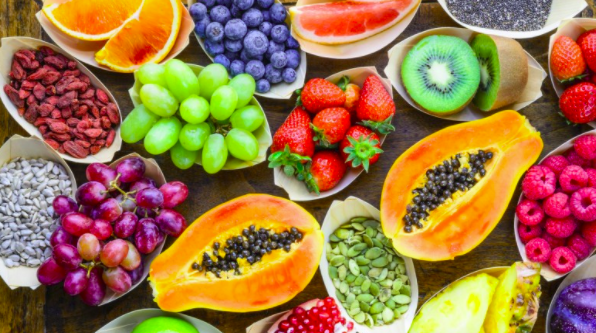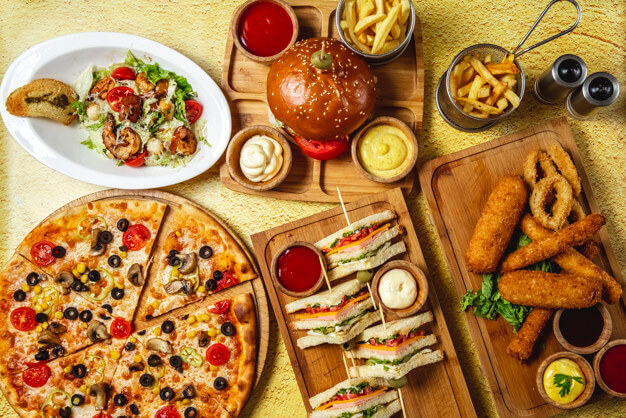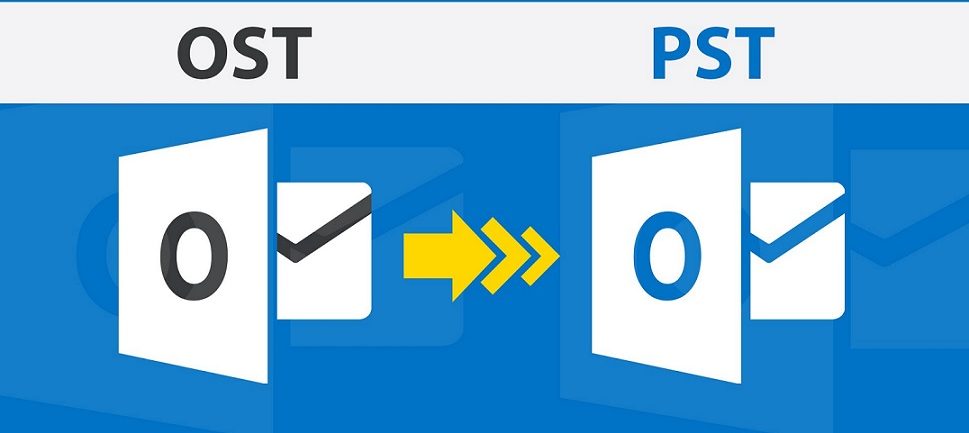The press is constantly awash with stories of how the latest Superfood will make you healthier, happier, slimmer, able to stop runaway trains (I made that one up. If you do see that headline, remember where you saw it first). Are these claims more myth than fact or are the claims made for these humble vegetables and fruits based on science. If you want faster weight loss then read it about what to eat and must to do exercises.
I confess that I have always been sceptical of some of the more exotic powers that have been ‘proven’ to benefit you as long as you are happy to eat fifty pomegranates day or chew on thirty bulbs of garlic. Is there a grain of truth in some of these unbelievable press releases or are we being led down the garden path and deceived?
A selection of five superfoods in no particular order are:
- Pomegranate
- Garlic
- Watercress
- Oily fish
- Broccoli
I want to look at what each claims it can offer and whether this is backed by science or just good marketing.
-
Pomegranate
- Reputed to prevent heart disease, reduce carotid artery stenosis, strengthen bones and slow prostate cancer
- various studies in 2004, 2005, 2006 and 2013 have shown some signs of benefit but the studies were quite small and not all the studies were human trials (osteoporosis). Pomegranate is still a healthy way of getting one of your five-a-day and can sparkle in salads and cold dishes.
- Reputed to prevent heart disease, reduce carotid artery stenosis, strengthen bones and slow prostate cancer
-
Garlic
- Containing vitamin C, vitamin B6, manganese, selenium and other antioxidants.
- Some evidence based research has shown that garlic may be effective against high blood pressure, cardiovascular disease, cholesterol, colds and some cancers.
- The British Dietetic Association says that studies have shown that high concentrations of garlic extract have been associated with improved blood circulation, healthier cholesterol levels and lower blood pressure.
- Containing vitamin C, vitamin B6, manganese, selenium and other antioxidants.
-
Watercress
- Containing vitamin C, vitamin K, vitamin A, vitamin E, calcium, potassium, manganese, vitamin B6, magnesium, phosphorus, riboflavin, thiamine and a high level of dietary nitrate.
- Claims that watercress can protect against heart disease, diabetes and obesity.
- A 2013 study by the British Journal of Clinical Pharmacology concluded that a diet high in dietary nitrate could have multiple vascular benefits including reducing blood pressure.
- Watercress is a member of the cruciferous family and as such contains 3,3′-diindolylmethane (DIM) has protective effects against cancer and recent studies have shown for using it as a shield to protect healthy tissue during cancer treatment.
- Containing vitamin C, vitamin K, vitamin A, vitamin E, calcium, potassium, manganese, vitamin B6, magnesium, phosphorus, riboflavin, thiamine and a high level of dietary nitrate.
-
Oily Fish
- Oily fish such as salmon, mackerel and sardines contain B vitamins, vitamin D, protein, selenium and omega-3 fatty acids.
- The UK Scientific Advisory Body reviewed the health benefits of fish in 2004 and concluded that oily fish do help in reducing the risk of cardiovascular disease.
- Claims that oily fish help in rheumatoid arthritis, schizophrenia, dementia, prostate cancer and with vision are far less conclusive and offer limited evidence of any benefits
- Oily fish such as salmon, mackerel and sardines contain B vitamins, vitamin D, protein, selenium and omega-3 fatty acids.
-
Broccoli
- Broccoli contains vitamin C, vitamin a, vitamin K, folate (naturally occurring folic acid), calcium, fibre and beta-carotene and the anti-oxidants notably indole-3-carbinol and sulforaphane.
- Claimed to be able to help with cancer, high blood pressure, cardiovascular disease and diabetes.
- Eating leafy greens such as broccoli is associated with a reduced risk of some cancers according to a good quality review by the World Cancer Research Fund, but more research is needed as to whether compounds in broccoli have health benefits.
- There is no evidence broccoli helps with high blood pressure and little evidence it is useful in the treatment of cardiovascular disease and diabetes.
- Broccoli contains vitamin C, vitamin a, vitamin K, folate (naturally occurring folic acid), calcium, fibre and beta-carotene and the anti-oxidants notably indole-3-carbinol and sulforaphane.
I have looked at only a very small sample of superfoods for this article and I appreciate that there are a large number of other common and not so common foods that have been excluded.
Overall, looking only at this small sample; it appears that although some of the foods do have an impact in the treatment of some conditions, most of the claims of there efficacy are at best exaggerated and should be treated with a healthy dose of scepticism. Do not forget to check the diet food ideas.
Eating a diet that has a high proportion of fruit and vegetables, protein and low GI carbohydrates (brown rice, quinoa, whole-wheat pasta) will help you lose weight, remain healthy and exercise to your heart’s content. Along with all these, you must follow some tips to staying healthy.


![[Top-6] Diet Food Ideas For Your Weight Loss Journey](https://highlightstory.com/wp-content/uploads/2020/08/Top-6-Diet-Food-Ideas-For-Your-Weight-Loss-Journey.jpg)






